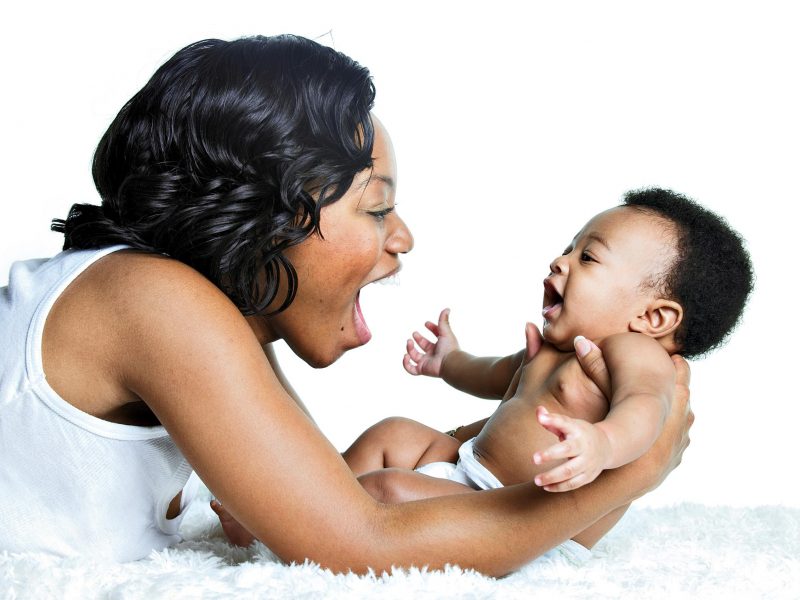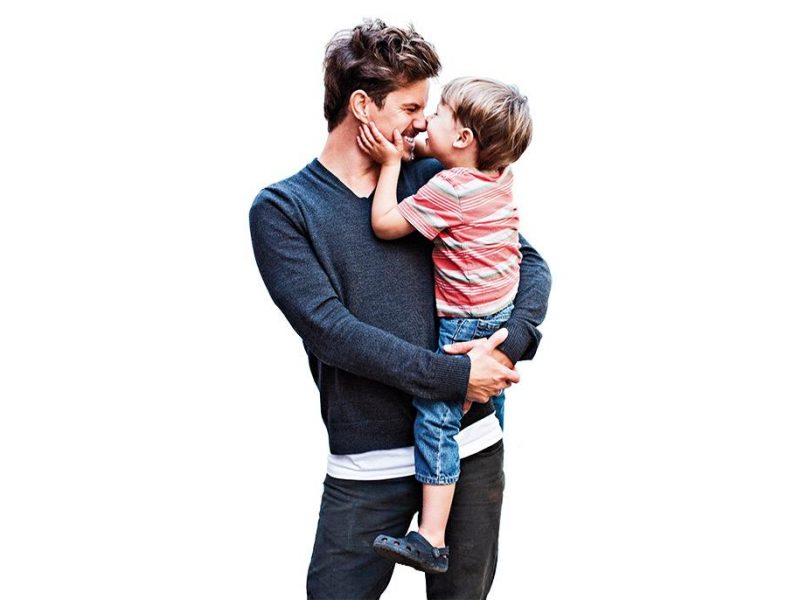Too Many Funerals
It’s been a rough few months around our family when it comes to great-grandparents.
At the beginning of the year, my wife and I had all four of our grandmothers between us still living. Then my dad’s mother passed away in July, and my wife’s paternal grandmother passed away in September, and her maternal grandmother passed away last week, and, at almost the same time, we heard that our former foster daughter’s grandmother had passed away as well.
Multiple losses like this are hard on anyone, but they can be particularly hard on kids, especially when they’ve been close to their grandparents (or in this case, great-grandparents), especially when they’ve already had to endure significant loss or trauma, especially when these losses trigger memories of earlier traumatic experiences.
In our particular case, the great-grandmothers in question were never particularly close with our kids. We got along with them just fine, but they lived quite far away, and we only saw them on holidays and special occasions. Also, because of how elderly they were, the great-grandmothers were never really able to play with my kids or make many memories with them.
So, in one sense, these losses weren’t as difficult as they could have been. We went to the funerals that we could. We talked about the lives that the great-grandmothers had lived. We talked about how it’s natural for people to grow old and die, and how it’s natural for us to miss them when they’re gone, and how it’s natural to ask the people we love for help when we’re feeling sad.
The kids mostly seemed to understand, and I sort of assumed that we were working through things pretty well. But after the most recent funeral, my youngest was acting up in ways that aren’t quite normal for him. He seemed agitated and anxious, wouldn’t go to sleep, screamed and fought with anyone who offered to help, and generally insisted on having an awful evening.
When I sat down with him and chatted the next morning, it took some creative prodding and encouraging before he began talking about what he was feeling. It wasn’t that he was missing great-grandma so much, although he did miss her a little. It was that he was worried that other people might die on him too, and this was triggering feelings of loss and abandonment that he carries from his experience of being adopted.
He already feels abandoned by his birth parents (though he would never blame them for this) and by his foster parents (though he knows that they fought to adopt him themselves). So the idea that his adoptive family could just die and leave him abandoned again is terrifying to him. And no amount of assurance can address the fact that this is a real (if unlikely) possibility.
He knows that my wife has had breast cancer. He knows this means that she could have died. He knows that she and I have both been in car accidents where we could have died. He knows that these and countless other accidents could take us from him at any time. And all these great-grandmothers dying was just too clear a reminder.
It’s hard as a parent to see your child with those deep hurts, with those deep fears, and to know that you can’t truly take them away. You can be there to assure and to comfort and to support, but those wounds will be a part of him forever. They mean that he feels every loss so much keener, so much deeper. And nothing I say can take that hurt away. I can’t even promise him that he’s wrong, that we’ll never die and leave him, because sooner or later, we will.
All I can do is promise that we’ll love him with all our heart while we’re here.







